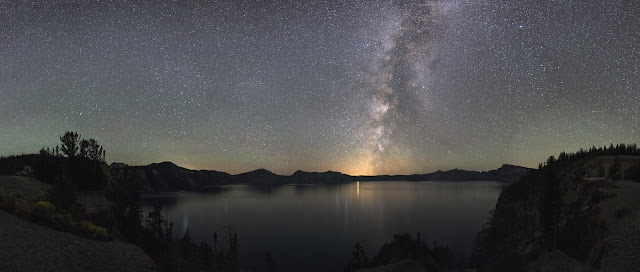It is not the will of your Father in heaven that one of these little ones should be lost.
—Matthew 18:14
Philosophy.
Language.
Novels.
Psychology.
Science.
You name it.
In the process of all the reading, I get wrapped up in my comfy robe of words, making everything abstract, sophisticated, and theological. In the past couple of years, I've gone through a monumental deconstruction of my faith where I realized I padded my true thoughts and feelings with Bible verses and a vast library of theologians--something my wife never had much interest in.
She always spoke of a loving God who surpassed everything we could know or fathom. I remember reading an author (who shall remain nameless) and talking to Taylor about how the "road was narrow"--how we would be surprised by how few people would be in heaven.
Tay is an incredibly compassionate person. She listens like a sponge; there are few things that shock her. When I said this, her face contorted like I'd punched her. She said,
"I think we'll be surprised by how many people are with us in heaven."
I wanted desperately to believe her. But I could hear all of those red-faced, white, German, male theologians firing arguments in opposition. I'm sure I said something to argue back, but I don't remember. There was something in her words that struck me deep--like they were laced with the very Spirit of God.
In hindsight, I think that conversation was one of the first dominoes to fall in the collapse of my old faith. It led to a painful, sometimes excruciating release of values I thought was important to me. But my faith resurrected into a more loving and open view of God, where I can read a verse like Matthew 8:14 and see the deep longings of the Divine and feel the hum of reverence tremble through me, untainted by the endless train of words and ideas meant to illuminate the reality of God, but too often, muddy the truth.
May we remember that your coming was, is, and will be an act of love where you unite with your children. May we understand that words are just tools--metaphors and systems--a ladder to climb toward your Holy Presence. May we never exalt the words, but only the one the words speak of.
Come, Lord Jesus.
p.s. I know I teach English and ended a sentence with a preposition. It's something you need to deal with.
Isaiah 40:1–11
Matthew 18:12–14
Here are the lyrics of a song by John Mark McMillan called "Death in Reverse". Check it out if the lyrics speak to you and know that if you have a vision or idea of God that isn't working for you any longer, it's ok to change and evolve. People have been doing in for thousands of years.
You descend upon me like a rolling stone
Like black swan raging on for all that I know
You know it unnerves me when I lose control
And I'm, all out of options
And I'm, out of my head
Then I build my life around
Someone who I thought that I was
But it turns out
All the things I do to feel young
They only make me old
But You raise me
Like a baby
Like a fiery Phoenix bird
Oh, and You lift me up
Like Lazarus
You love me like death in reverse
You unearth me like a vein of gold
With the powers that drive up the flowers from the fold
You cast me, uncursed, unearth my body and my soul
Like fire from my ashes, like fire from my coals
And I build my life around
Someone who I thought that I was
But it turns out
All the things I do to feel young
They only make me old
But You raise me
Like a baby
Like a fiery Phoenix bird
Oh, and You lift me up
Like Lazarus
You love me like death
You love me like death
You love me like death in reverse
And all my life I've been
Fighting for a place I could thrive
But it turns out
All the things I do to survive
They only make me old
But You raise me
Like a baby
Like a fiery Phoenix bird
Oh, and You lift me up
Like Lazarus
You love me like death
You love me like death
You love me like death in reverse










